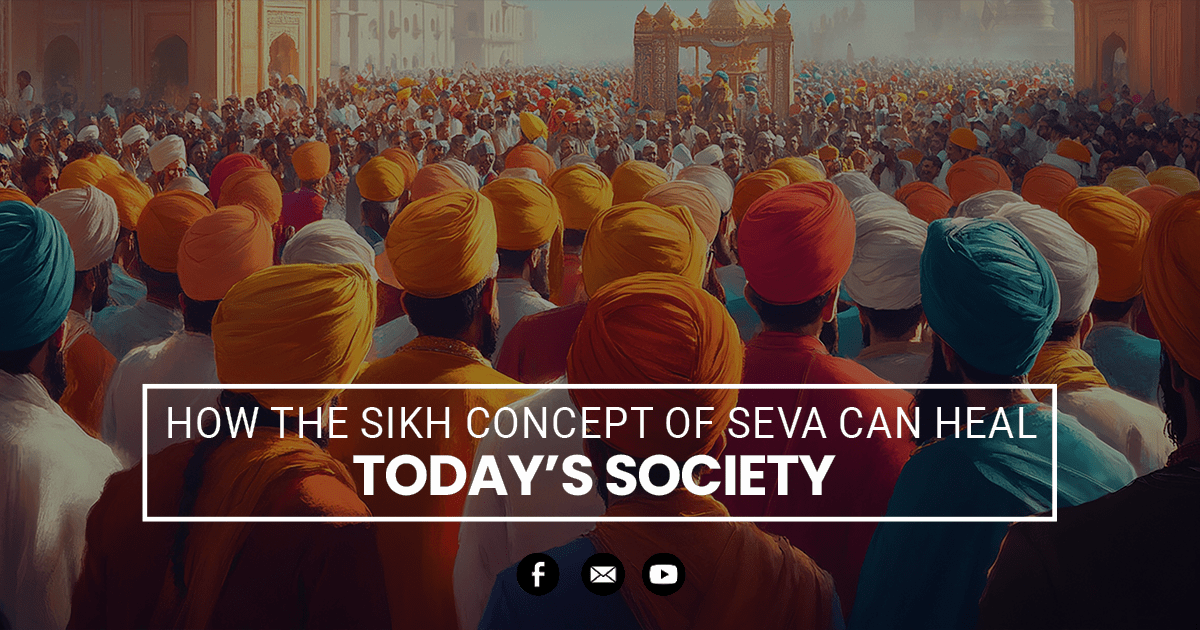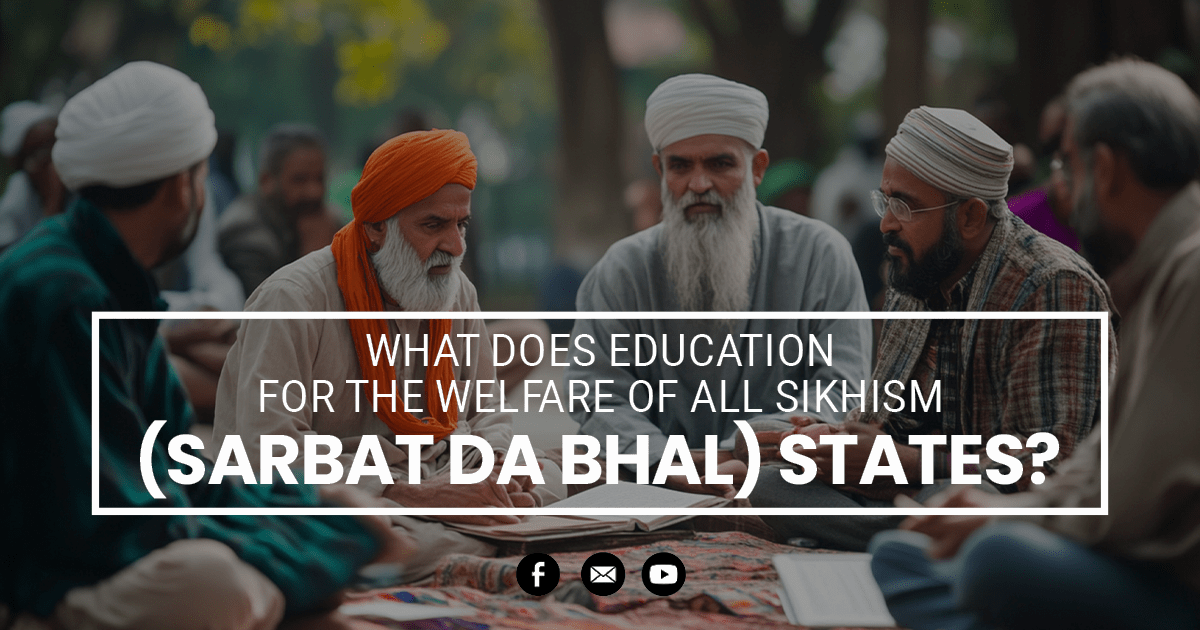The ‘Seva’ in Sikhism has left a great impact and holds significance not just in Sikhism but beyond. Talking about welfare services, Sikhs lie on the top as helping in social welfare as seva. The non-profit service contrasts them from all other social welfare services provided in exchange for resources that can benefit. It is known as the most spiritual and practical practice of Sikh teachings. The act through which people serve humanity not for any personal gain but to fulfill their duty for the betterment of others. The Sikh tradition of doing something to the benefit of others through Seva infuses meaning into healing, unity, and growth.
Let’s have a detailed look at why seva in Sikh culture is still a practice in this modern age and the way it can help people develop a greater sense of relief.
Seva in Sikhism
In the Sikh culture, it’s not just a humane good deed but a duty that can get people connected with god. Sikhism believes that serving others is a way of serving God Himself because He resides in each individual.
The act beats the borders of social, cultural, and religion-based difference, and focuses on raising everyone alike. It provides the value of humility, compassion, and equality promoting aspects among the Sikhs.
Teachings of Guru
The teachings of Sikh Guru Nanak Dev Ji started Sikhism and inspired the principle of Seva, which is selfless service without asking for reward or appreciation. To purify the soul for growth and to serve humanity as in serving god is the act. The concept is not limited to doing physical work at Gurdwaras, such as washing and cleaning, but also includes serving mankind as a whole, assisting those in need, and preserving a spirit of humility and selflessness.
This actually represents the spirit of The selfless act of honor to God and for the good of humanity, and, consequently, inner peace and spiritual progress.
Seva in Sikh Tradition and History
The Seva spirit has inspired Sikh history. The third Sikh Guru formalized the ritual of Langar, which is a community kitchen where food is provided free of charge to everybody regardless of their faith, caste, and status. This practice is still the most important part of Sikhism, and you can see it in Gurdwaras (Sikh temples) all over the world.
Langar is one of the perfect reflections of the concepts of how service and equality should work together. The Sikhs put together, hand out, and clean up after the service for free, making sure that everyone sits with others who are equal. This act of commonality erases social and economic barriers and promotes unity.
Seva in Modern Culture
In a world that focuses on personal success, the concept of Seva stands as a powerful reminder that includes community, compassion, and serving others. The Sikhs throughout the world continue to uphold this teaching through a variety of charitable and humanitarian works.
Seva in Gurdwaras
The most visible tradition of Seva is in the Gurdwaras. Sikhs offer their free time to prepare and then serve meals in any of these centers to all visitors. In a time of crisis whether due to a natural calamity or economic hardship, again a Gurdwara expands this work by providing food and supplies to those affected.
Global Initiatives of Seva
The spirit of Seva transcends the walls of Gurdwaras. Sikh communities and organizations are involved in several outreach programs, working with local and international groups to provide health care, education, and disaster relief services.
NGO’s in Function
Khalsa Aid is an organization working for humanitarian aid organization that is doing its relief work across various parts of the world. Due to Sikh principle Seva, Khalsa Aid has worked in conflict areas and provided aid to refugees and helped communities bounce back after natural calamities. Selfless work makes it very clear how Seva can be global.
Societal Impact of Seva
A spiritual practice that only one person does, but it is deeply rooted enough to show how much it affects society as a whole. A spiritual practice that only one person does affects the overall society as a whole. It deeply connects them and Seva promotes equality, unity, and service across countries by encouraging people to be kind and selfless. Every day, more and more people are becoming divided, but the Sikh practice of Seva gives us a lot of hope for the future.
- Promoting Equality
One of the main ideas in Sikhism is that all people are equal before God, no matter what their past is or how well they are off they are. Seva-by attacking the social hierarchy-encourages this sense of equality and justice for all.
- Strengthen Communities
Acts of Seva build strong communities because people come together to serve a common cause. Whether organizing food drives, supporting emergencies, or participating in local service projects, Seva gives people a sense of unity and shared purpose.
- Healing Through Compassion
He or she today finds himself amid so many suffering from isolation, poverty, and discrimination. Seva helps in healing through compassion by bringing hope and comfort to other people through tender support irrespective of challenges faced.
Conclusion
Seva in Sikhism is not just a religion, but a principle applicable to all humanity. It has been related to the teachings of the Guru to appeal for selflessness, compassion, and devotion to equality and social justice principles.
In today’s world, the message of Seva is as relevant now as ever. Whether you volunteer in your local charity or provide support in times of crisis, the spirit of Seva teaches that we all have the power to make a difference. With Seva, we both serve others and grow spiritually, getting connected to a higher purpose and contributing to a better, more compassionate world.
While working through Seva, we learn that satisfaction lies not in what we receive but in what we give.









